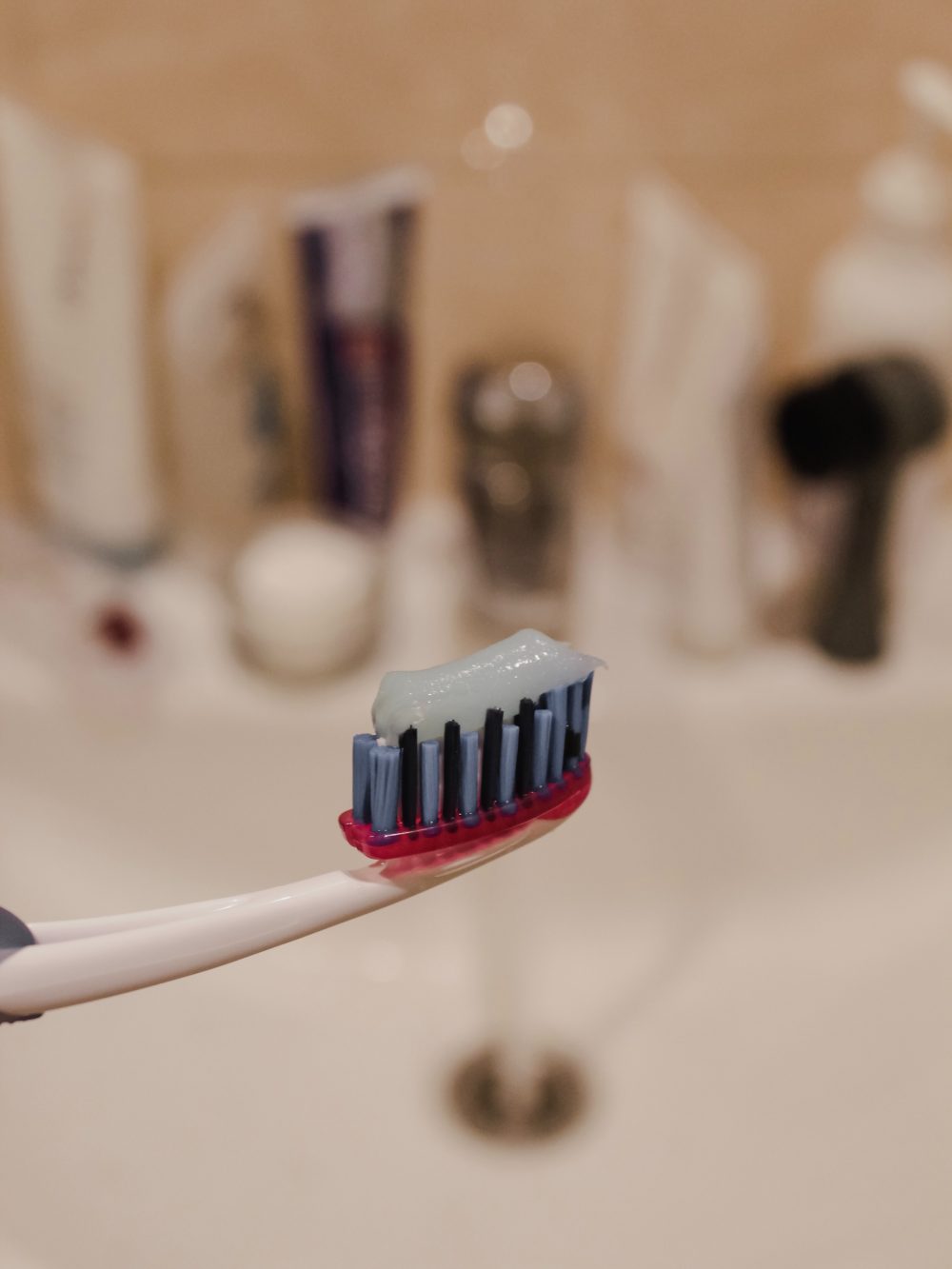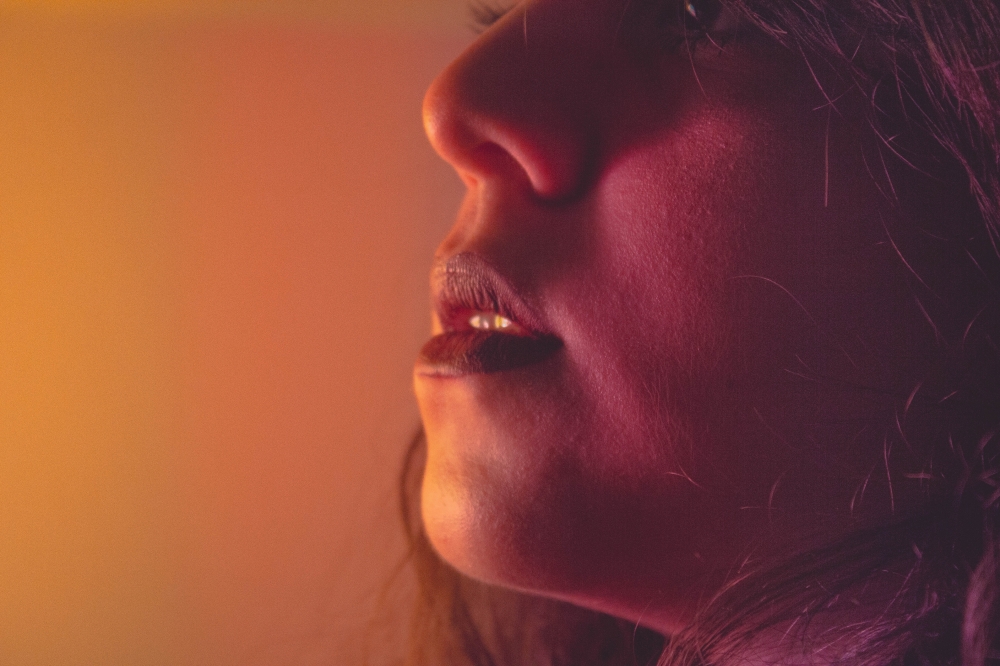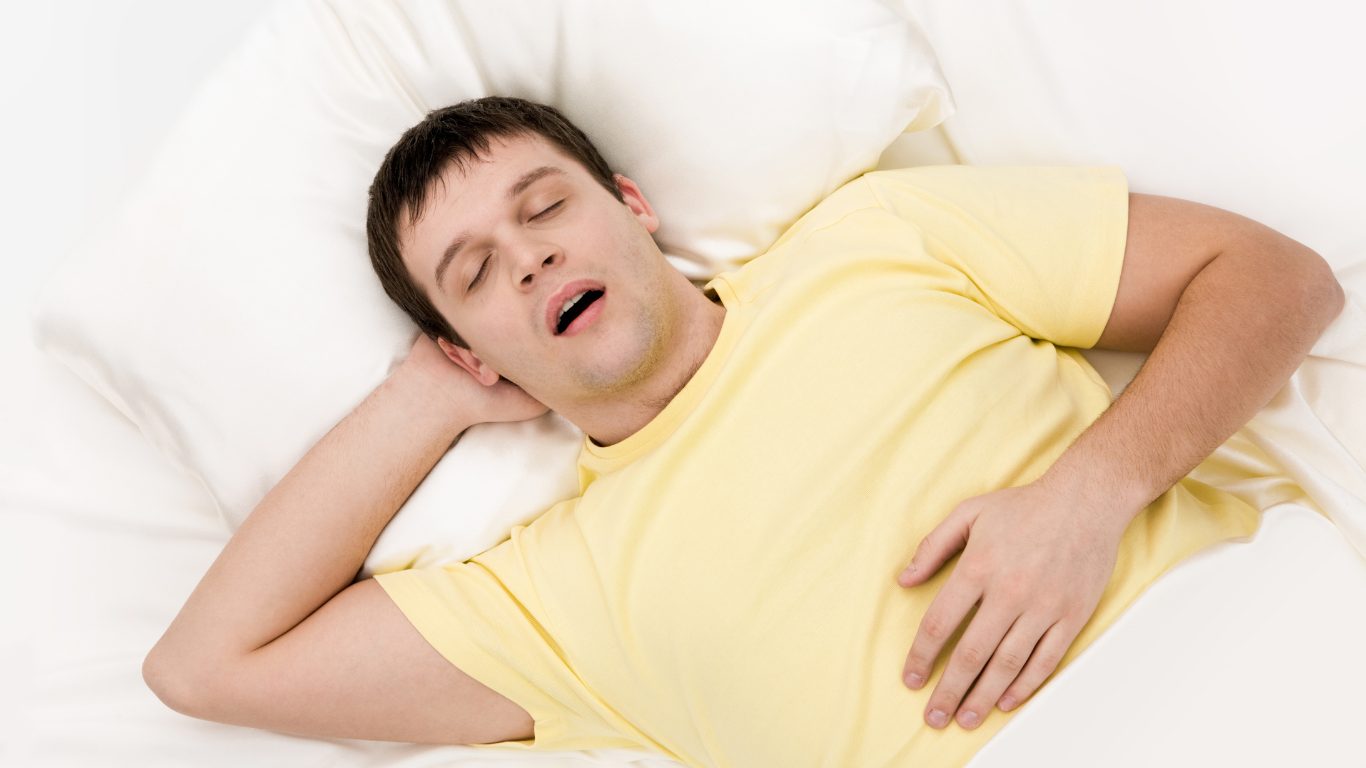
The Importance of Maintaining Good Dental Care Habits
July 22, 2020
Is Mouth Breathing Bad?
August 21, 2020Do you ever find that your jaw clenches up under stress? If so, this is a normal reaction. However, many people do this chronically even while asleep, resulting in bruxism or tooth grinding. Tooth grinding damages the teeth, sometimes causes chronic pain and disrupts sleep.
This blog post is intended to offer information to empower you to make good decisions for your health and your family. It is not intended to serve as a substitute for professional medical or dental care. If you experience any of these symptoms or other concerning symptoms, contact your dentist or primary care doctor for individualized care.
Before we explain how and why you may want to seek treatment for tooth grinding, we will offer a little information about the top three signs you grind your teeth or symptoms of tooth grinding.
Three Signs You Grind Your Teeth At Night or Have Bruxism
These are three of the most common signs you grind your teeth. These are not the only signs or symptoms if you have any questions contact your dental health provider.
Sign #1: Your Teeth Are Showing Signs of Wear and Tear
Do your back teeth look flat? Flat or worn-down teeth are one of the most common signs you grind your teeth or do chronic tooth grinding over time.
Other clues include cracked teeth, broken teeth, chipped teeth, lost fillings, or other unexplained tooth damage. If you notice this kind of damage, please contact your dentist because you may need treatment such as a mouthguard as well as dental care to repair the damage.
Not only does grinding damage the teeth over time, but it also can lead to gum issues, increased tooth decay, and sensitive teeth. This is just one reason that it is important to seek professional care if you grind your teeth.
Sign #2: Headaches or Facial Pain When You Wake Up
Another common sign of tooth grinding is waking up with headaches, jaw pain, or tired feeling facial muscles.
People are often distressed at these symptoms; after all, after a good night’s sleep, you expect to wake up feeling refreshed. Most people, however, don’t realize this is a common sign of chronic tooth grinding throughout the night.
If you experienced these symptoms, please see your primary care doctor just to rule out other causes and also discuss your symptoms with your dentist.
Sometimes people who grind their teeth experience pain in the jaw or surrounding muscles. This can lead to temporomandibular disorder (TMD). TMD Is a disorder involving incorrect jaw movement. If you have TMD, you may hear a clicking or popping sound when you bite down or chew.
Sign #3: Disrupted Sleep
Bruxism, or tooth grinding, also results in disrupted sleep both for yourself and your sleeping partner. Sometimes people learn that they grind their teeth because their spouse or partner complains about the grinding noise they hear in the night.
Other times people first notice chronic bruxism when they wake up feeling tired and fatigued. In some cases, their face may feel tired, or they may have a headache. Since sleep is so important to a healthy lifestyle, it is important to treat any condition which prevents you from getting a good night’s sleep.
Grinding is often a sign of an airway disturbance. This can be in the form of mouth breathing, snoring or sleep apnea. Dentists are often the first doctor to notice a possible airway issue since they will see the signs on the patients teeth before other symptoms are present.
What Causes People to Grind Their Teeth
There are many causes of bruxism or tooth grinding. One common cause is unresolved or chronic stress or tension. Remember when we asked if you ever clench your jaw when you feel stress? This is a surprisingly common response to daily stress. Many people find that practicing stress management and relaxation techniques helps them sleep better, and it also helps relieve their bruxism.
Misaligned, missing, or crooked teeth may also lead to bruxism. Treating bruxism caused by tooth alignment issues requires the care of a dentist or orthodontist. If you have crooked or unevenly spaced teeth and also experienced some of the top three symptoms of bruxism, this might be a great time to seek orthodontic treatment or Invisalign to address these issues. In addition to a confident smile, you may also sleep better and experience less pain.
Some medications may cause or exasperate bruxism. For example, selective serotonin reuptake inhibitors (SSRI) like prozac and ADHD medications like adderall are associated with the grinding of the teeth for some patients. When you see your dentist, please make sure they are aware of any over-the-counter or prescription medications that you currently take.
What to Do if You Suspect You Grind Your Teeth
Whatever causes your bruxism, the first step to belief is a dental examination and consultation. In some cases, your dentist may prescribe either a pre-formed or custom-made mouthguard and instruct you to wear it while you sleep. The mouse guard stops your upper and lower teeth from grinding against each other and damaging each other.
Your dentist may also recommend that you make Lifestyle Changes in hopes of it relieving your bruxism. For example, if you drink a lot of coffee, the excessive caffeine intake may cause you to grind your teeth or clench your jaw more than you normally would. If your lifestyle is very stressful, that may also contribute to jaw clenching and grinding. Such stress management techniques like meditation, yoga, visualization, or guided relaxation may relieve bruxism for some people.
A visit to Southview Dentistry includes a thorough discussion of your sleep and breathing habits as they are tightly linked to the causes of grinding.
Finally, your dentist may also repair some or all of the damage caused to your teeth by bruxism. For example, if bruxism caused you to lose or damage dental fillings, then your dentist may need to replace those fillings. Chronic tooth grinding often leads to other dental issues that require treatment.
If you experience any of the signs you grind your teeth, contact your dentist for an appointment. Charlotte Area residents have trusted their smiles to Southview Dentistry for over a decade. If you live in the area and need to see a dentist about bruxism or any other issue, give us a call today.




